A major expansion of London's electric vehicle-charging network will ensure the capital continues to be one of the world's leading zero-emission cities.
Announced by the Mayor of London, Sadiq Khan, the plan will bring together the public and private sector to deliver the electric vehicle infrastructure needed in the city. This includes commitments by businesses and retailers to transform EV charging provision in London over the coming years.
Sadiq declared: "We need to reject the fossil fuels of the past and embrace an electric revolution in London's transport."
London's plan follows the Mayor's establishment of the world's first Electric Vehicle Infrastructure Taskforce, bringing together representatives from business, energy, infrastructure, government and the London boroughs. The past year has seen more than 140 organisations contribute to the work of the Taskforce.
London is at the forefront of the zero-emission revolution with more than 20,000 electric vehicles, 1,700 electric taxis and Europe's largest electric bus fleet. Today's plan builds on TfL's successful rollout of over 175 rapid charge points across the city (delivering a full charge in 20 - 30 minutes) and a growing network of over 1,100 lamp post charging points delivered by boroughs in residential areas.
This has been complemented by the roll out of the world's first ever Ultra Low Emission Zone, enforcing tough new emission standards in central London which is helping drive companies to electrify their fleets.
Currently the roll out of the charging infrastructure is in the line with the demand for electric vehicles but London needs an electric revolution. This plan estimates the number of charge points required in the next five years, based on different scenarios for the growth of EVs and looks at how this can be delivered with less public subsidy and without installing points which are underused or outdated.
Making it easier for Londoners to make the switch from diesel to electric cars is a key part of reducing toxic traffic emissions and realising the Mayor's ambition of becoming a zero-emission city. The Taskforce and other industry partners will support the Mayor in driving forward a number of initiatives in the plan including:
• Installing the next generation of ultra-rapid charging points at London petrol stations later this year.
• Delivering five flagship charging hubs, with the ability for multiple cars to quickly be charged in one place. The first of these hubs will be operational in the heart of the Square Mile by the end of the year.
• A new 'one-stop-shop' for Londoners to request new charging infrastructure from their local authority in areas of high demand led by London Councils, making it easier for drivers to switch to electric vehicles.
• Expanding electric car clubs and bringing more vehicles to market, offering greater choice to Londoners and businesses.
• New online smart tools to ensure London's energy grid continues to keep pace with demand and to help unlock private sector investment.
Speaking at the launch of the London EV Infrastructure Delivery Plan at the Institution of Engineering and Technology today, the Mayor of London, Sadiq Khan said: "London's air is so dirty and polluted that it amounts to nothing less than a serious public health crisis. It breaches legal limits and blights the lives of Londoners, resulting in thousands of premature deaths every year.
"We are also facing a climate emergency that threatens the long-term security and wellbeing of every Londoner.
"We need to reject the fossil fuels of the past and embrace an electric revolution in London's transport. To truly transform the quality of our air and to tackle the climate crisis London must move away from petrol and diesel cars, with their catastrophic impact on the environment, and towards zero- emission vehicles.
"I want London to lead the world in this ambition, with all new cars and vans on London roads to meeting these standards by 2030, not 2040 as the government is proposing.
"To make this vision a reality we must make sure all Londoners have access to the essential infrastructure required to run and maintain an electric vehicle. This is a massive operation and can only be achieved if the public and private sector come together to deliver London's electric future."
The plan outlines how London is on track to deliver the necessary infrastructure for a radical growth in electric vehicles, which estimates show could increase from around 20,000 today to over 330,000 by 2025. This will be driven by a combination of new low-emission regulations, supportive policy at all levels of government and a decrease in the cost of electric vehicles.
London currently hosts 25 per cent of the UK's electric vehicle charge points - more than any other UK region, with 2,400 public chargers spread over 1,200 locations. The Mayor has made the installation of rapid charge points (delivering a full charge in 20-30 minutes) a priority, to encourage high-mileage drivers to switch to electric vehicles.
London's rapid charging network far exceeds major cities such as New York, Madrid and Amsterdam and the city is now recognised as one of 25 capitals around the world, accounting for half of all electric vehicles.
Christina Calderato, Head of Transport Strategy & Planning for TfL, also said: "London's toxic air reduces the length and quality of lives across the city. Improved electric vehicle infrastructure can support more essential trips being made using zero-emission transport, which will help clean up the air.
"The Mayor's Electric Vehicle Infrastructure Delivery Plan shows how important it will be for the whole sector to work together to foster the expected uptake of electric vehicles. We have already delivered 183 rapid charging points with 300 on the way by the end of next year. It is fantastic to see collaboration with partners already happening through the taskforce."
London Boroughs have installed more than 1,100 overnight residential charge points as part of the 'Go Ultra Low City' partnership between the GLA, TfL and London Councils.
Councillor Julian Bell, Chair of London Councils' Transport and Environment Committee, added: "Electric vehicles play an important role in our ambition for zero emission transport in London. As the city grows, pan-London transport infrastructure improvements are essential to prevent environmental damage and adverse health effects. Investing in electric vehicle infrastructure is necessary to ensure that the city's residents and businesses can more easily adopt cleaner and greener modes of transit.
"We are proud to be part of initiatives such as the Go Ultra Low City Scheme (GULCS), which encourage London residents to switch to electric vehicles. GULCS has already helped boroughs install over 1,100 new residential charging points across the capital, with many more on the way. Delivering more charging points is also one of London Councils' Pledges to Londoners, and demonstrates our commitment to creating a more liveable and inclusive city for everyone."
Jasmine Whitbread, London First chief executive, said:"Air quality is a critical issue for the quality of life of Londoners. We have always supported moves to tackle congestion and emissions, and the infrastructure has to be in place.
"These measures will go some way to making it simpler for individual consumers and businesses to access charging points and boost take-up of electric cars, which will help keep London as an attractive place to live and work."
Construction News
17/06/2019
Mayor Of London Sets Out Electric Vehicle Future
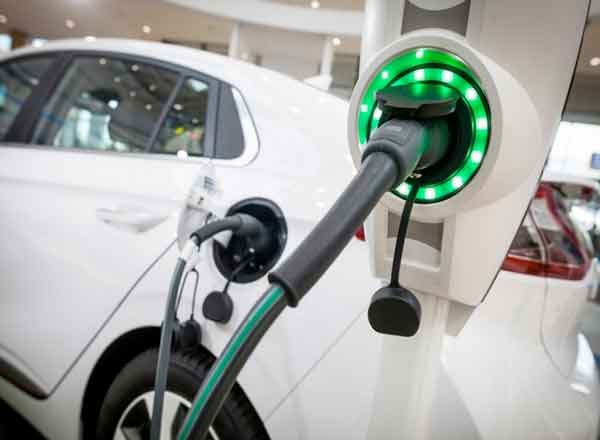

02/04/2025
Hinckley and Bosworth Councillors have approved plans for more than 300 new homes across two key locations, marking a significant expansion in local housing development.
Persimmon Homes North Midlands has received the green light for 81 new homes in Earl Shilton. Of these, 16 homes will be availabl

02/04/2025
Wates has completed the Welcome Building®, a 207,000 sq ft, nine-storey commercial space in Bristol.
The project, developed as a joint venture between Trammell Crow Company and EPISO 5, a fund managed by Tristan Capital Partners, sets a new benchmark for sustainability, wellbeing and community eng
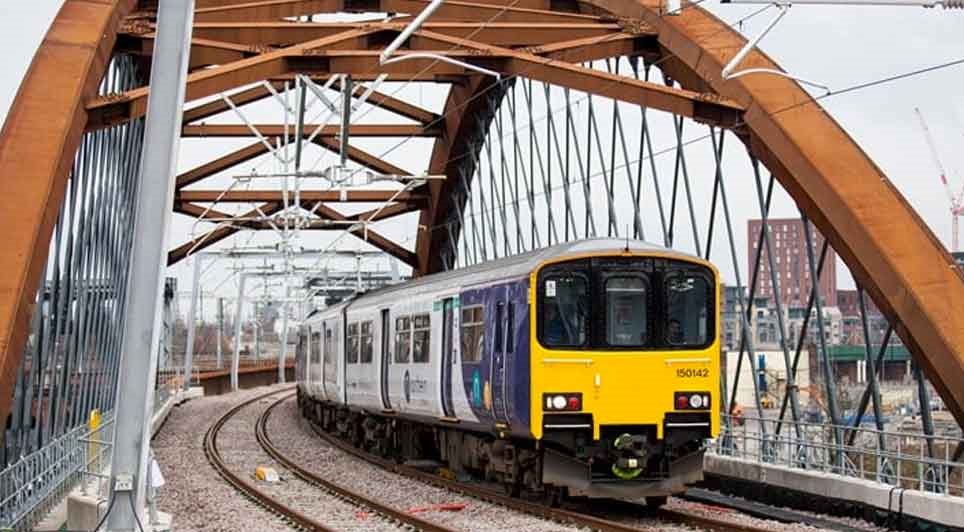
02/04/2025
Skanska, in partnership with an Arup and SYSTRA 50/50 joint venture, has secured a position as a strategic delivery partner on Network Rail’s Eastern Region Development and Design Partnership Framework (DDPF).
The £300 million framework spans five years, with the potential for a three-year extensio
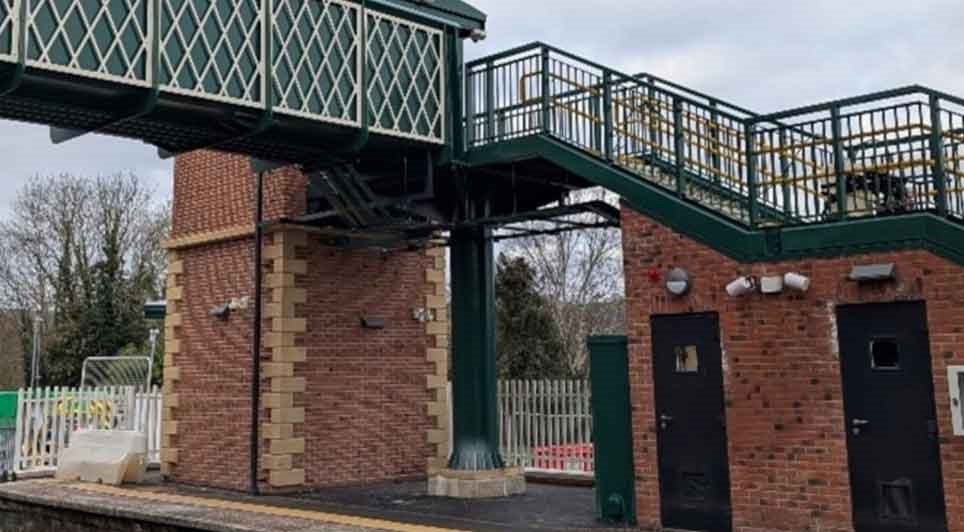
02/04/2025
New lifts and a footbridge have officially opened at Newtown station in Powys, making both platforms fully accessible to all passengers for the first time.
Network Rail and contractor AmcoGiffen began work on the project in December 2023. While the main infrastructure is now complete, additional wo
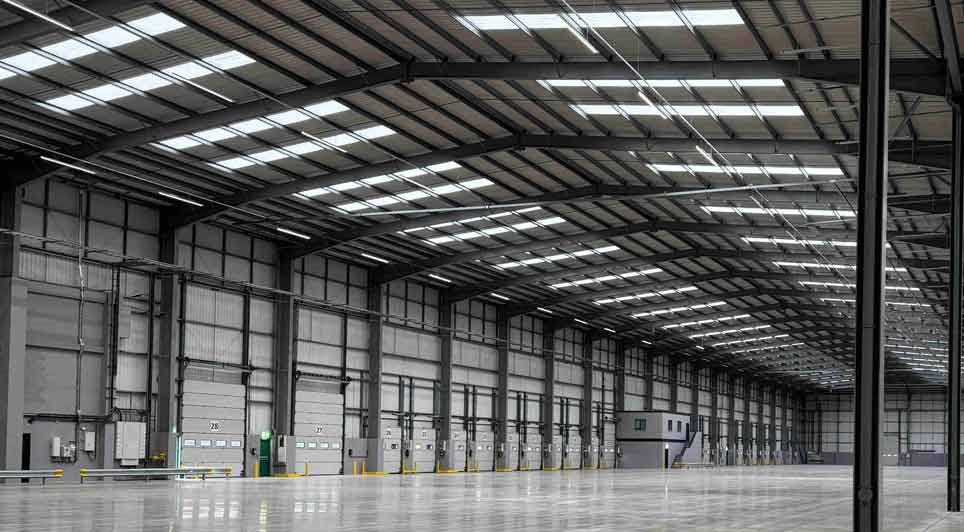
02/04/2025
Pexhurst has wrapped up a strong first quarter of 2025, completing several refurbishment projects across multiple sectors with a combined value of nearly £15 million.
The projects supported clients in Pexhurst's key sectors, industrial and logistics, as well as office refurbishments, across the Sou
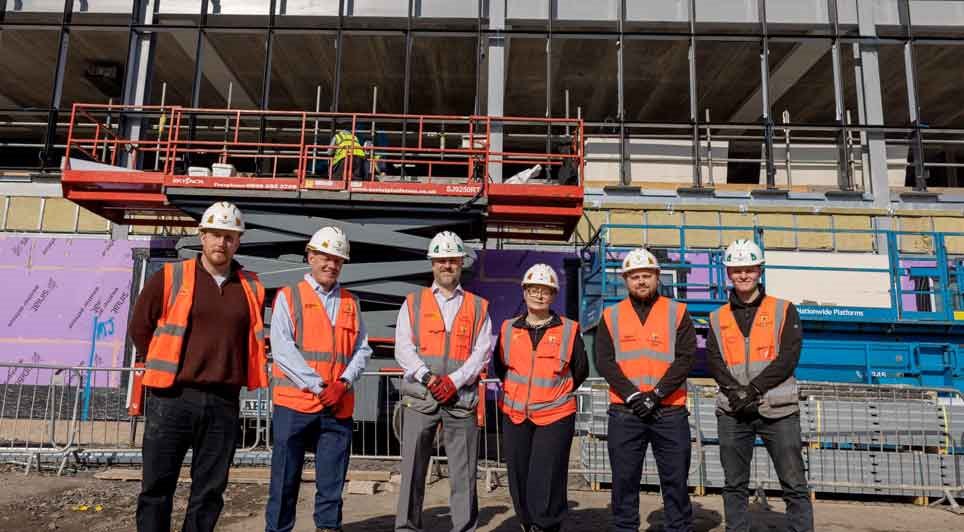
02/04/2025
Willmott Dixon joined officers and staff from Lancashire Police, alongside Lancashire Police and Crime Commissioner (PCC) Clive Grunshaw, to celebrate the topping out of the new Pendle Police Station in Nelson.
With the external structure now complete, the focus will shift to interior work to ensur

02/04/2025
The first affordable homes in the regeneration of Oxford's Blackbird Leys are set to welcome new residents from this summer.
A total of 84 shared ownership homes, currently being built by Peabody and Oxford City Council at Knight’s Road, will be released in phases between this summer and next sprin

02/04/2025
Ecocem, Europe's leader in low-carbon cement technologies, has announced the signing of a partnership agreement with TITAN Group, a leading international business in the building and infrastructure materials industry, to co-develop and deliver innovative low-carbon cements.
Focusing initially on th
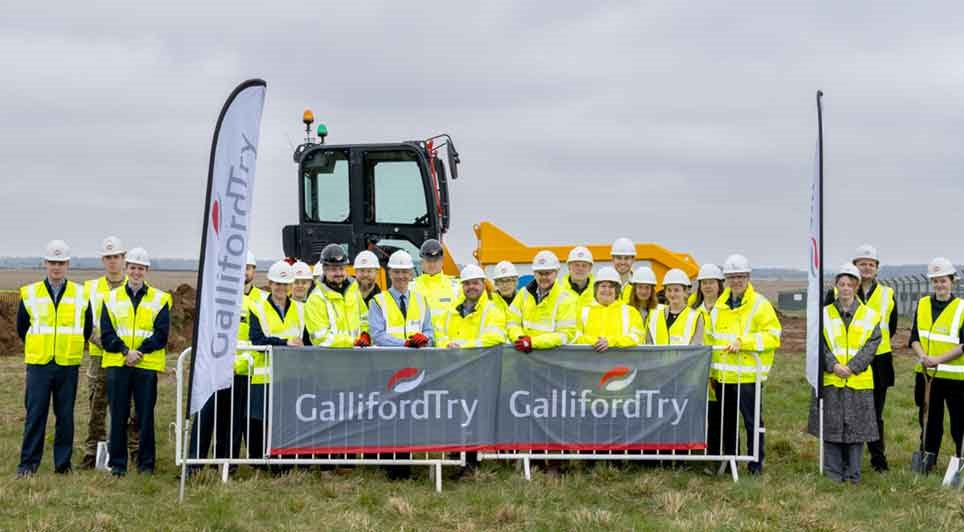
01/04/2025
Galliford Try's Building East Midlands business has officially broken ground on a £63 million Single Living Accommodation (SLA) project at RAF Digby, Lincolnshire.
The historic base, the Royal Air Force's oldest station established in 1918, will see the construction of four new Junior Ranks SLA bu
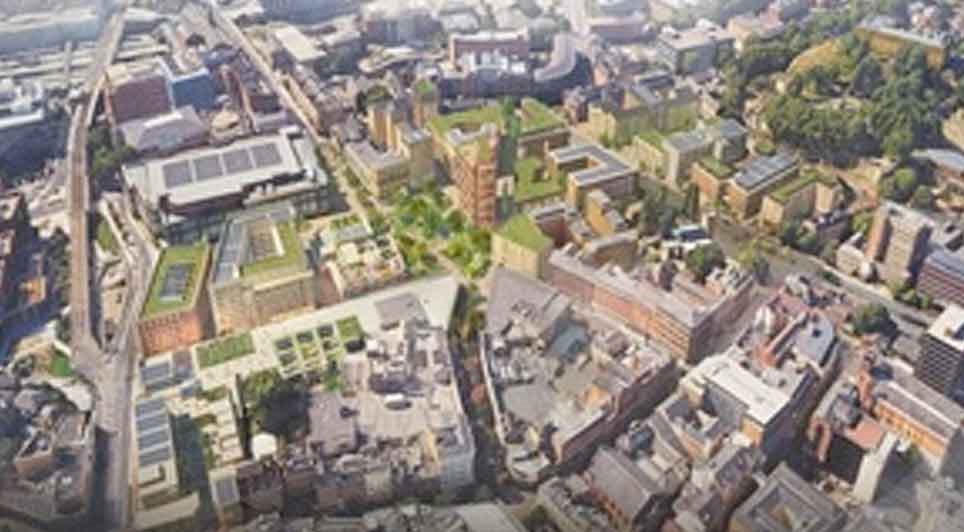
01/04/2025
The regeneration of Nottingham city centre has taken a significant step forward following an agreement for Homes England to acquire the Broad Marsh site from Nottingham City Council.
As the Government's housing and regeneration agency, Homes England will take ownership of the former shopping centre
 UK
UK Ireland
Ireland Scotland
Scotland London
London











